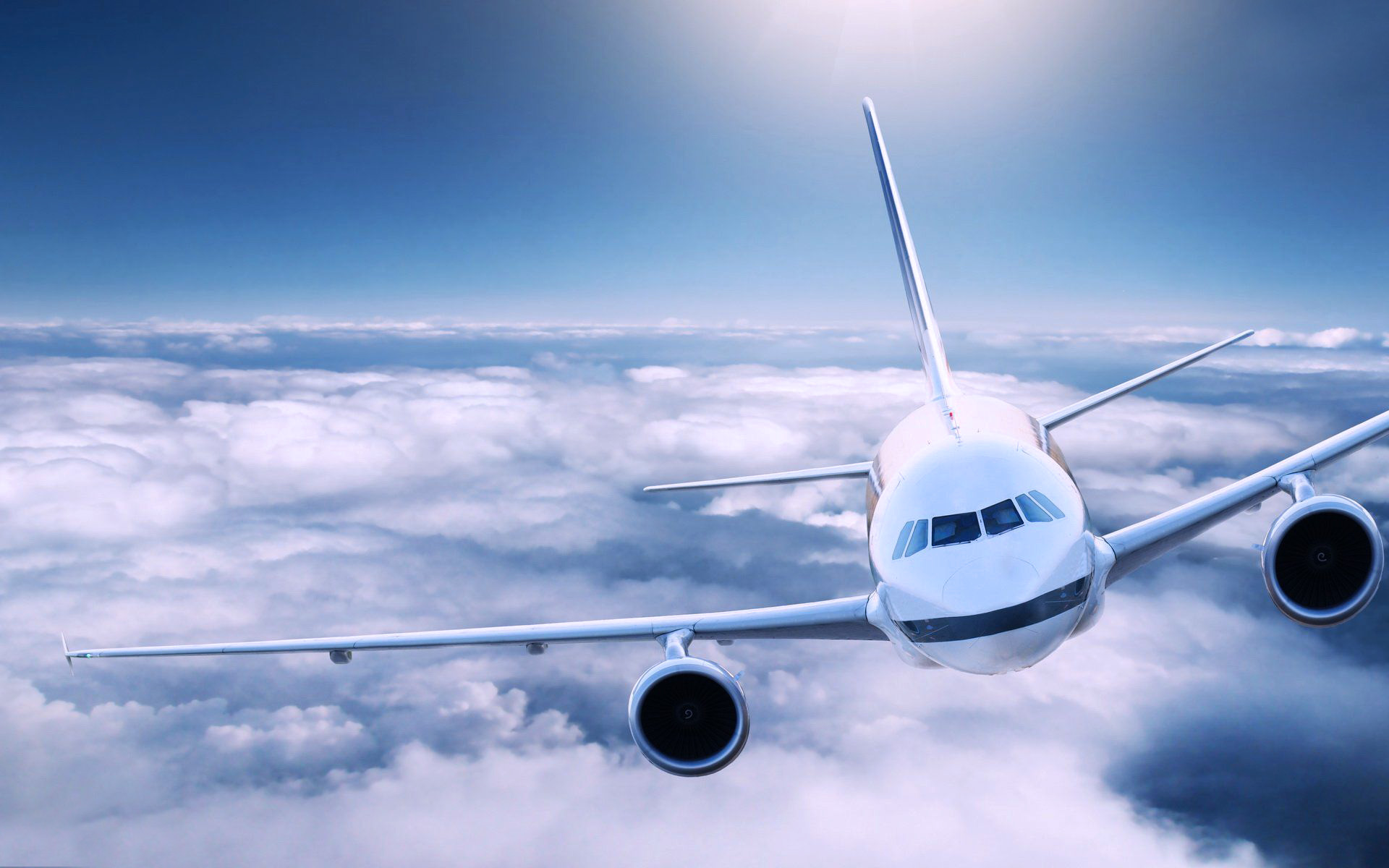What If There Were No Plastıcs – Aırplanes
PLASTICS ARE NOT ONLY USED ON THE INSIDE OF AIRPLANES FOR SUCH PARTS AS SEATS AND FLOORING. THEY ARE ALSO USED IN EXTREMELY COMPLEX TECHNICAL DEVICES, ENGINE COMPONENTS AND ANY OTHER PART OF THE AIRPLANE ONE CAN THINK OF.
Airplanes may seem relatively new considering the long history of technology and transportation, but they have already become a very important part of our lives. We use them for everything from business travel to vacations, from cargo transportation to emergency medical interventions. Air travel is simply essential for a lot of people in the world. And plastics play the most important role in making it possible for airplanes and air travel to improve our quality of life and become so irreplaceable for us.
The use of plastics in aviation almost quadrupled since the 1970s. And as the aviation industry’s plastics demand is still growing, the investments in plastics technologies is increasing as well.
But what if there were no plastics?
Aircrafts would weigh a lot more and their fuel consumption would be significantly higher. We would have to forego the fuel savings of up to $2,000 per kilogram that comes from using plastics, and consequently pay a lot more for our plane tickets.
Fuel savings due to lower fuel consumption would be gone and the environmental impact would be several times worse.
The metal pieces that would be used in place of plastic would be susceptible to corrosion.
If plastics with all their elasticity and malleability were not be used, aircraft design would not advance. And this would mean a less aerodynamic body on the outside and less comfortable seating on the inside, to say the least.
Airplanes would be more vulnerable to extreme weather conditions.
A lot of chemicals would either not be used in airplanes at all or at least not be used as much. Thus, we would have to fly lower technology, lower performance airplanes.
As glass that would be used in place of plastics would be less durable, we would have safety issues.
In consequence, air transportation would not be as widespread. And we would have to compromise on our time, money, safety, as well as the environment.



